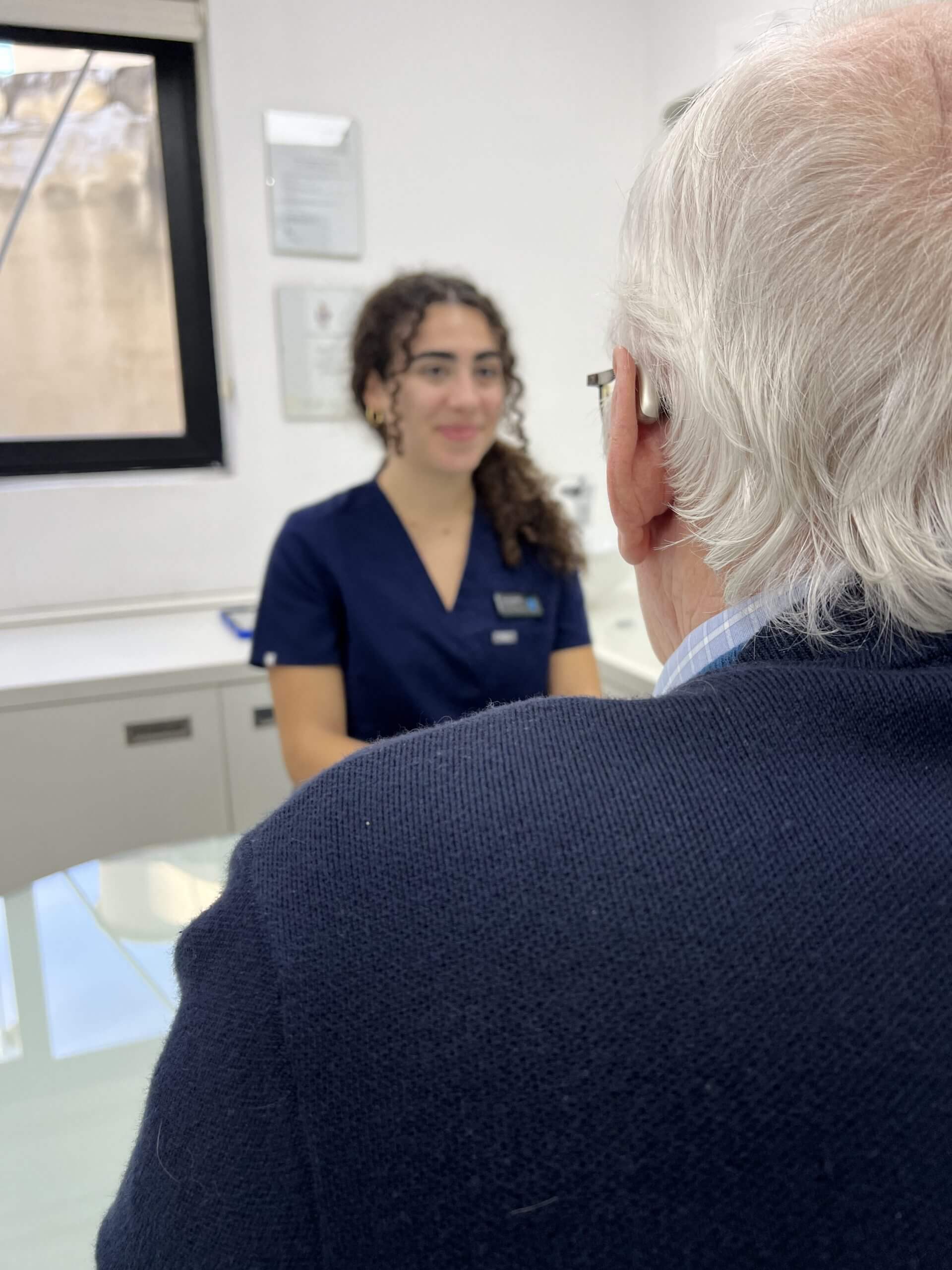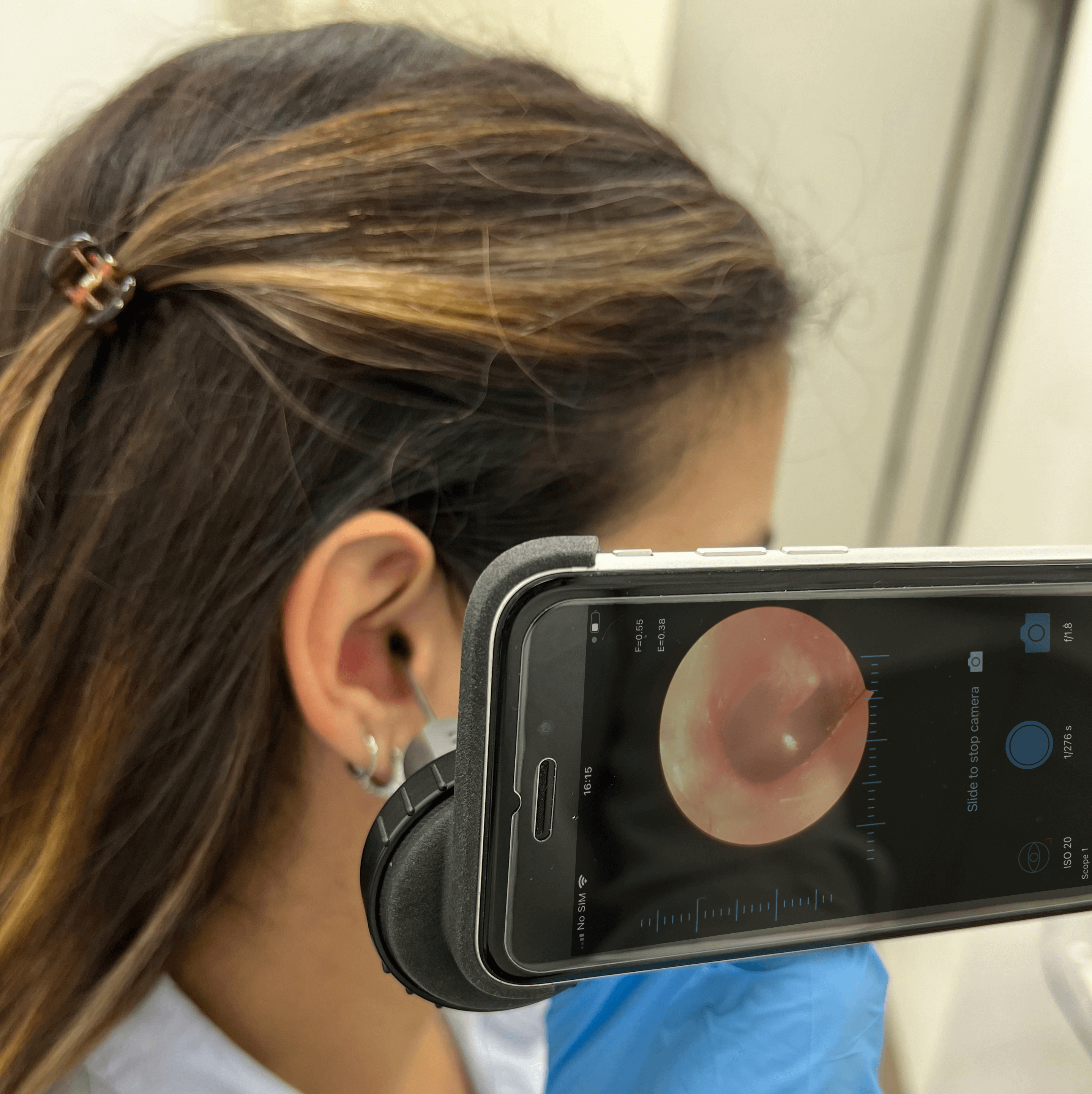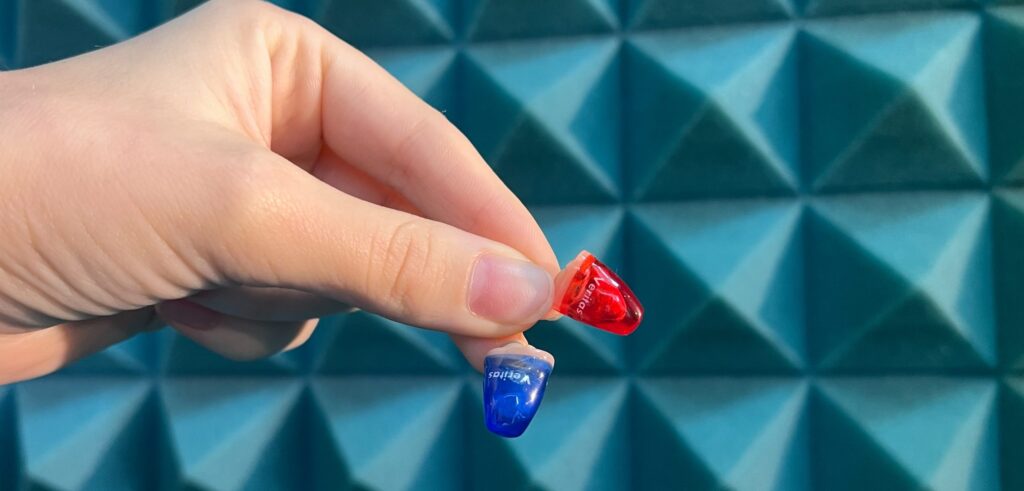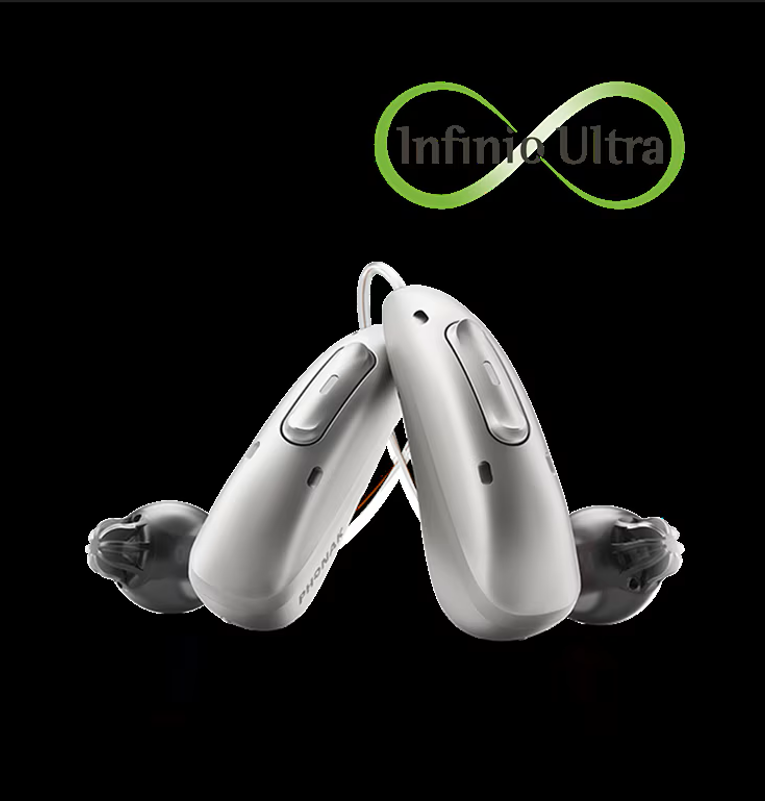
How to address your hearing loss
On average, it takes a person around 10 years to finally accept a hearing loss. That is not to say
If you’re a tinnitus sufferer then we know you will be anxious to hear how you could reduce your tinnitus symptoms but first we need to establish what tinnitus is. Tinnitus is a reaction in the brain to damage in the ear / ear canal. There are countless health related issues that are linked to causing tinnitus. The most common by far is hearing loss. The connection between hearing loss and tinnitus is still being researched but it is commonly believed that tinnitus occurs when the brain attempts to fill in the missing sound frequencies that it no longer hears naturally. Noise-induced hearing loss can also cause tinnitus symptoms. The good news for people who suffer from tinnitus caused by hearing loss, is that wearing hearing aids often alleviates the tinnitus symptoms.
Blockages in the ear canal can also cause tinnitus symptoms. Luckily, these blockages are usually simply removed by a healthcare professional using microsuction earwax removal.

Tinnitus symptoms can also be caused by other trauma or conditions. A severe head injury can result in the development of tinnitus. This happens if the brain’s auditory processing areas is damaged in the injury.
Suffering with a sinus infection can also cause you to experience tinnitus symptoms due to abnormal pressure in the middle ear. Most likely, the tinnitus will disappear once the infection has cleared up.
Extreme changes in air or water pressure can temporarily cause you to experience tinnitus symptoms. An example of this would be when you are taking off or landing in an airplane. In some rare cases, you can cause damage to the middle or inner ear while scuba diving or snorkelling which may cause you to suffer with tinnitus.
There are many prescription medications that cite tinnitus as a potential side-effect of taking them. In most cases, any tinnitus symptoms will go once you stop taking that medication. There are some drugs that are known to cause permanent tinnitus symptoms so please ensure you discuss any concerns with your doctor.
Tinnitus is a symptom of something else, and not the root cause of the problem. This means that there is no cure for tinnitus. The symptoms of tinnitus can be improved by treating the underlying cause or issue that is causing the tinnitus in the first place.
There are some things that we would advise you avoid if you suffer with tinnitus as they could make your symptoms worse. These are smoking, excessive alcohol consumption, sleep deprivation and stress. Anything you can do to limit these factors in your life could help to calm your tinnitus symptoms.
As we already mentioned, the vast majority of people who suffer with tinnitus also suffer with hearing loss. Given that tinnitus symptoms are often alleviated when the root cause is treated, it stands to reason that if that cause is hearing loss, wearing hearing aids will significantly reduce the tinnitus. The hearing aids can restore high frequency hearing. This means the brain no longer needs to attempt to “fill in” for you. Not only that, but many hearing aids also have specific tinnitus programs that can be put onto the hearing aids to help with the effect of tinnitus. This is known as Tinnitus Sound Therapy Software. There are also a range of tinnitus / sound therapy apps that can connect with Bluetooth equipped hearing aids.

If you are interested in booking in for a tinnitus therapy session, or a hearing consultation, with us, please don’t hesitate to get in touch with our customer care team.

On average, it takes a person around 10 years to finally accept a hearing loss. That is not to say

Living with a hearing loss does not just have to be a part of getting older. It can be treated

At the very end of 2024, Phonak released their brand new Infinio hearing aid technology. At the end of 2025,